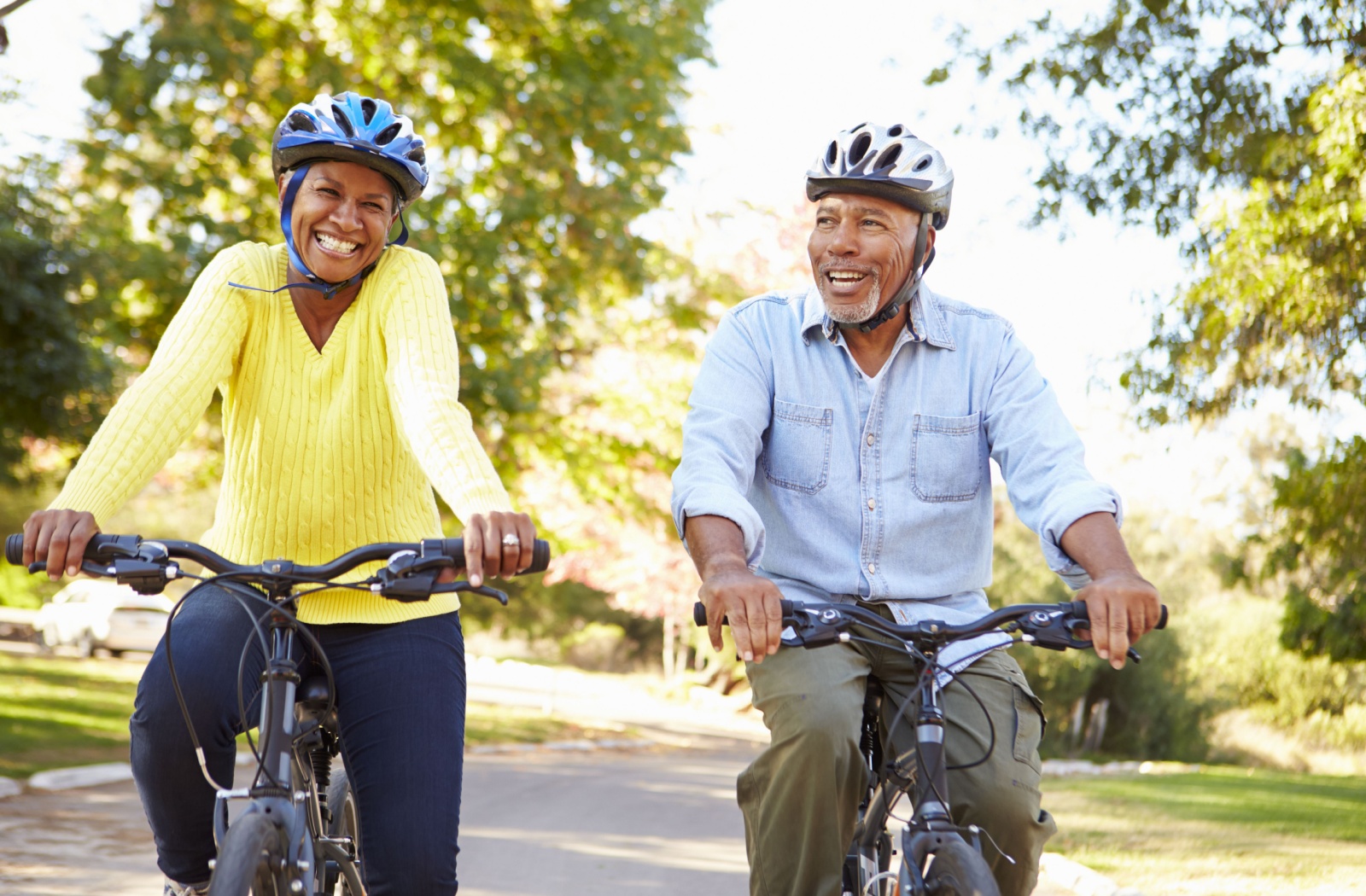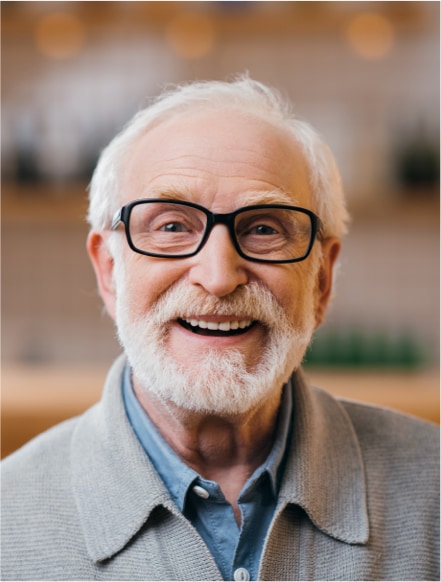At Inspired Living, we understand that, as people grow older, cognitive health becomes an essential aspect of their overall well-being. Many seniors seek ways to support their memory and mental clarity, and one effective approach is regular physical activity. Engaging in exercise offers multiple benefits that contribute to cognitive vitality, helping older adults stay sharp and engaged in their daily lives.
The Link Between Physical Activity & Brain Health
The connection between exercise and brain function is well-documented. Research suggests that regular movement can lead to structural changes in the brain, particularly in areas responsible for memory and cognitive control. Activities such as walking, swimming, or cycling are associated with increased gray matter volume in the hippocampus and prefrontal cortex. These regions play a vital role in retaining information and decision-making.
One of the key factors behind this effect is neuroplasticity, the brain’s ability to reorganize and form new neural pathways. Exercise promotes the production of neurotrophic factors, which help support neuron growth and survival. This process enhances cognitive flexibility and memory retention, making it easier to recall information and adapt to new situations.
The Role of Cardiovascular Health in Cognitive Function
Physical activity contributes to better cardiovascular health, which is closely linked to brain function. The brain relies on a steady supply of oxygen and nutrients carried by the bloodstream. Engaging in exercise helps improve circulation, allowing the brain to function more efficiently. Studies suggest that maintaining good cardiovascular health may reduce the risk of cognitive decline and memory loss over time.
Aerobic exercises, such as brisk walking or cycling, can be particularly beneficial in supporting cardiovascular and brain health. By enhancing blood flow, these activities contribute to better oxygenation of the brain, which helps maintain mental sharpness and clarity.
Reducing Stress & Enhancing Mood
Stress and anxiety can negatively impact memory and cognitive function. Physical activity plays a role in regulating stress hormones and promoting a sense of well-being. Engaging in movement-based activities can encourage relaxation and mindfulness, helping to clear the mind and reduce feelings of tension.
Exercises such as yoga or tai chi, which combine movement with breathing techniques, can be particularly effective in managing stress. These activities encourage a state of mental focus, which can improve attention span and memory recall.
Regular exercise has also been linked to the release of endorphins, chemicals in the brain that promote positive emotions. This natural boost in mood can contribute to overall cognitive well-being, allowing seniors to feel more engaged and mentally alert.
Social Benefits of Staying Active
Physical activity often provides opportunities for social interaction, which is another key factor in maintaining cognitive health. Seniors who participate in group exercises, such as dance classes, walking clubs, or community fitness programs, can benefit from both movement and social engagement.
Social interactions help stimulate the brain by encouraging conversation, problem-solving, and emotional connection. Research suggests that maintaining an active social life can help protect against cognitive decline, making group-based exercises a valuable addition to a senior’s routine.
The Importance of Consistency & Enjoyment
The type and intensity of physical activity can also influence the extent of cognitive benefits. Studies suggest that moderate to vigorous exercise may offer more noticeable improvements in memory function. However, even light activities, such as stretching, gardening, or short walks, can contribute to cognitive well-being when performed consistently.
One of the most effective ways to incorporate physical activity into daily life is to choose enjoyable activities. When movement feels like a natural and pleasant part of the day, it‘s easier to maintain consistency. Whether dancing to music, playing with grandchildren, or practicing a favorite sport, finding personal enjoyment in physical activity makes it more sustainable over time.
Adapting Exercise to Unique Needs
For seniors with mobility limitations or health concerns, finding safe and accessible ways to stay active is essential. Consulting with healthcare professionals before starting a new exercise regimen can help determine an approach that is considerate of someone’s needs.
Adaptive exercises, such as chair yoga, water aerobics, or resistance band workouts, can offer effective alternatives for those with limited mobility. These activities provide movement benefits without putting excessive strain on the body. Simple modifications can help seniors stay active while minimizing the risk of injury.
Using Technology to Support an Active Lifestyle
Technology has introduced new ways for seniors to engage in physical activity. Virtual reality (VR) programs and online exercise classes allow people to participate in movement-based activities from the comfort of their own homes. These approaches can be particularly helpful for those who may have difficulty attending in-person fitness programs.
Wearable fitness trackers also offer motivation by monitoring activity levels and setting achievable movement goals. Having a way to track progress can encourage consistency and provide a sense of accomplishment.
The Long-Term Impact of Physical Activity on Memory
Staying physically active can be a valuable strategy for supporting memory and cognitive function in seniors. By promoting brain health, enhancing circulation, reducing stress, fostering social connections, and offering adaptable movement options, exercise plays a crucial role in overall well-being.
Making physical activity a regular part of daily life can contribute to long-term cognitive vitality, helping seniors maintain independence and enjoy a fulfilling lifestyle. Explore Inspired Living Living at Lakewood ranch by scheduling a visit, and let us help you find enjoyable and accessible ways to move. Regular activity can make a meaningful difference in both your mental and physical health!








